In today's digital age, where screens dominate both our work and leisure time, the importance of eye health cannot be overstated. One of the most talked-about nutrients for vision protection is lutein, a carotenoid found in various fruits and vegetables. Often referred to as "nature's sunglasses," lutein plays a crucial role in filtering harmful blue light and protecting the eyes from oxidative stress. This article delves into the science behind lutein, its benefits for vision, and how you can incorporate it into your daily routine.
The Science Behind Lutein
Lutein is a naturally occurring pigment classified as a carotenoid, a group of plant compounds known for their antioxidant properties. Along with its isomer zeaxanthin, lutein is concentrated in the macula, a small area of the retina responsible for central vision. The macula's yellow hue, often called the macular pigment, is largely due to the presence of these two carotenoids. This pigment acts as a natural filter, absorbing high-energy blue light that can damage retinal cells over time.
Research suggests that lutein's protective effects extend beyond light filtration. Its antioxidant properties help neutralize free radicals generated by exposure to sunlight and digital screens. These free radicals can cause oxidative damage to retinal cells, potentially leading to age-related macular degeneration (AMD) and other vision problems. By combating oxidative stress, lutein helps maintain the structural integrity of the eyes and supports long-term visual function.
Lutein and Visual Performance
Beyond protection, lutein has been shown to enhance visual performance in several ways. Studies indicate that higher macular pigment density, resulting from adequate lutein intake, is associated with improved contrast sensitivity. This means better ability to discern objects against backgrounds of similar color, particularly in low-light conditions. For drivers, athletes, and anyone who relies on sharp vision, this benefit can be significant.
Another notable advantage is the reduction of glare disability and recovery time. Individuals with higher lutein levels tend to recover faster from the temporary blindness caused by bright lights, such as oncoming headlights during night driving. This effect is particularly valuable in our modern environment filled with artificial lighting and digital displays that constantly challenge our visual system.
Dietary Sources of Lutein
While the body cannot synthesize lutein, it can be obtained through diet or supplements. Dark leafy greens like kale and spinach are among the richest sources, with just one cup of cooked kale providing about 20-25 mg of lutein. Other good sources include corn, eggs (particularly the yolk), orange peppers, and various fruits such as kiwi and grapes. Interestingly, the lutein in egg yolks is more bioavailable than that from plant sources, thanks to the fat content that enhances absorption.
For those who struggle to consume enough lutein-rich foods, supplements are a practical alternative. Many eye health formulations combine lutein with zeaxanthin, as these two carotenoids work synergistically in the eye. When choosing a supplement, look for products that use marigold flower extract, a natural source of these carotenoids, and consider formulations that include healthy fats to improve absorption.
The Digital Age and Increased Lutein Needs
Modern lifestyles have significantly increased our exposure to potential eye stressors. Digital devices emit blue light, which penetrates deeper into the eye than other wavelengths. While not all blue light is harmful, prolonged exposure can contribute to digital eye strain and may increase the risk of long-term damage. This makes lutein's protective role more important than ever.
Several studies have specifically examined lutein's effects in the context of computer use and screen time. Regular supplementation has been shown to reduce symptoms of digital eye strain, including dryness, irritation, and fatigue. Some research even suggests improvements in visual processing speed and accuracy among individuals with higher lutein levels, which could have implications for productivity and performance in screen-intensive jobs.
Lutein Across the Lifespan
The benefits of lutein extend to all age groups. For children, whose eyes are still developing and who are increasingly exposed to screens early in life, adequate lutein intake may support healthy visual development. In adults, it helps maintain optimal vision and protects against the cumulative effects of light exposure. For older adults, lutein's role becomes even more critical as the risk of age-related eye conditions increases.
Population studies have consistently shown that higher dietary intake of lutein is associated with a reduced risk of advanced AMD, one of the leading causes of vision loss in older adults. While it cannot reverse existing damage, maintaining adequate lutein levels throughout life appears to offer significant protective benefits against this and other degenerative eye conditions.
Practical Recommendations
To reap the benefits of lutein, experts generally recommend a daily intake of 10-20 mg, though individual needs may vary based on factors like age, genetics, and lifestyle. When increasing lutein intake through diet, remember that absorption is enhanced when consumed with healthy fats, so consider adding olive oil to your leafy greens or eating eggs with avocado.
For those considering supplements, it's worth noting that lutein accumulates in the body over time, with noticeable effects typically appearing after several weeks of consistent use. As with any supplement, quality matters—look for products that have been independently tested for purity and potency. It's also advisable to consult with a healthcare professional, especially if you have existing eye conditions or are taking medications.
While lutein is generally safe, extremely high doses (far beyond recommended amounts) could potentially cause temporary yellowing of the skin, a harmless condition called carotenemia. This serves as a reminder that more isn't always better—moderation and consistency are key when it comes to nutritional supplements.
The Bigger Picture of Eye Health
While lutein is undoubtedly valuable, it's important to remember that eye health depends on multiple factors. A comprehensive approach includes regular eye exams, proper lighting when using digital devices, the 20-20-20 rule (every 20 minutes, look at something 20 feet away for 20 seconds), and a diet rich in various nutrients that support vision, including omega-3 fatty acids, vitamin C, and zinc.
Emerging research continues to uncover new aspects of lutein's role in health, including potential benefits for cognitive function and skin protection. As science advances, our understanding of this remarkable nutrient will likely expand, but its fundamental importance for vision protection remains clear. In a world where our eyes are constantly challenged, lutein offers a natural way to help safeguard one of our most precious senses.

By /May 21, 2025

By /May 21, 2025

By /May 21, 2025
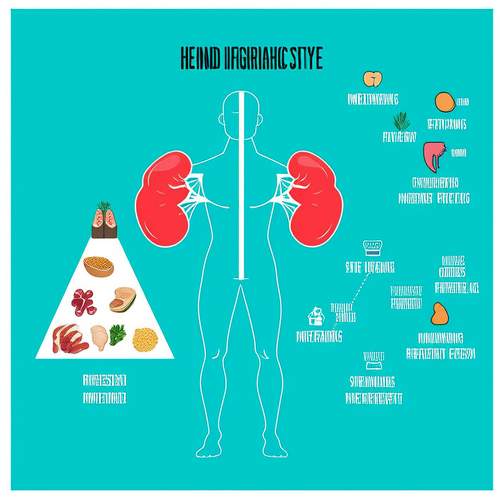
By /May 21, 2025
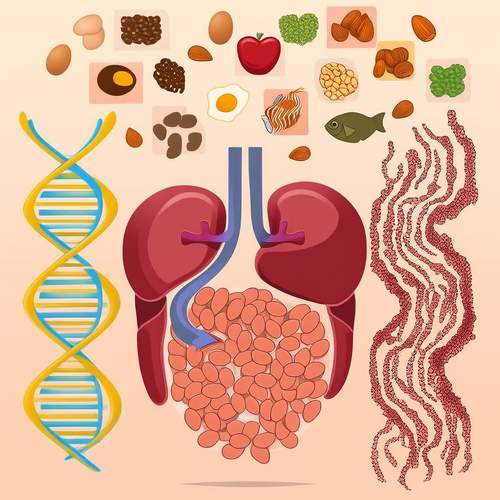
By /May 21, 2025
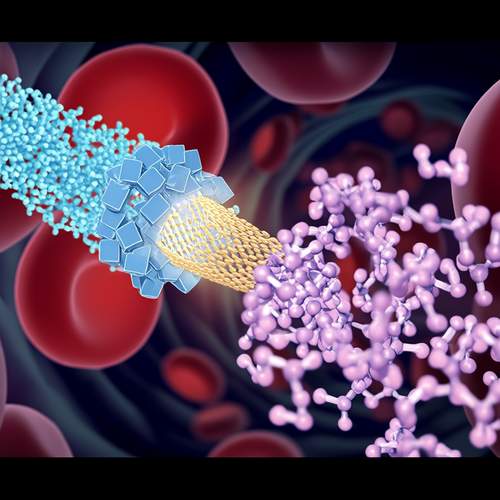
By /May 21, 2025
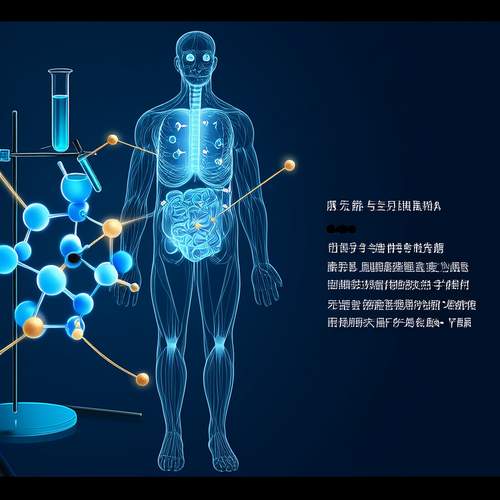
By /May 21, 2025

By /May 21, 2025

By /May 21, 2025

By /May 21, 2025

By /May 21, 2025

By /May 21, 2025
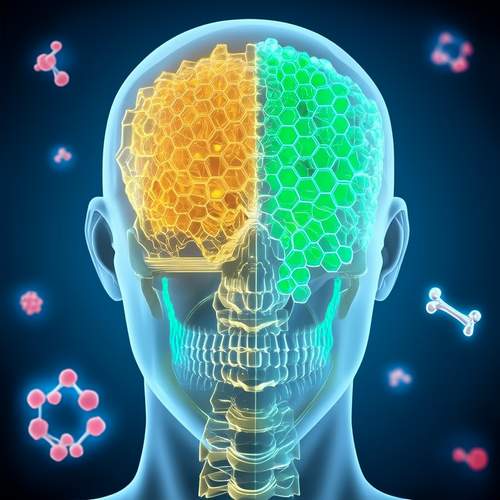
By /May 21, 2025

By /May 21, 2025

By /May 21, 2025

By /May 21, 2025

By /May 21, 2025

By /May 21, 2025

By /May 21, 2025

By /May 21, 2025